- Eco Punks Gazette
- Posts
- Issue 28 - Eco Punks Winter 2024 AI Report
Issue 28 - Eco Punks Winter 2024 AI Report
Why We Need Participatory Cybersecurity
Welcome to issue 28, our Winter 2024 AI Report. The Eco Punks were started in no small part to upgrade our research into emerging AI ecosystems. Yes, we’re farmers on the front lines of climate change, yes, we’re interested in pop culture and communications ecosystems, but obviously AI ecosystems are where the money and action are.
Similarly, we shouldn’t take for granted how rapidly these ecosystems are evolving, growing, and contracting. We’ve been having a lot of offline conversations about AI, and of course we’ve also been sharing our online chats with you. Today’s issue is an attempt to report back, with reviews on some services, so you can get a sense of how the landscape looks, and what we think of it.
A reminder our new website is up at https://ecopunks.live. A beta release, but worthy of your attention nonetheless.
We continue to ask that you participate, engage, give feedback, or at the very least forward this email to friends. Call it a social contract, call it payment for services rendered, but please, algorithmic solidarity is something we all need.
Table of Contents
Upcoming Events
The Future of Food - Wednesday Feb 14th at 7pm EST
Join us for a salon on the future of food, where we'll begin by exploring the origins of our food, delving into the journey from farm to table, and the intricate web of processes in between. But that's just the appetizer. The main course of our discussion will focus on the future: where will our food come from in the years to come? |  |
As we stand at the crossroads of tradition and innovation, the future of food is ripe for discussion. From vertical farming and lab-grown meats to the resurgence of local food systems and regenerative practices, the possibilities are as diverse as they are fascinating. This salon is not just a conversation; it's an exercise in literacy and empowerment. By understanding not only what we eat but where it might come from tomorrow, we can make informed choices that impact our health, our planet, and our communities.
Join us via stage.ecopunks.live using the usual password (which you can get if you forget by replying to this email).
|
The Need for Participatory Cybersecurity
Jesse gave a presentation to over 300 cybersecurity professionals who are members of the professional community of excellence within the Ontario Government and its various ministries and agencies. It’s an engaging rap about why the Internet is fundamentally insecure, and what it would take to actually protect ourselves. If you’d rather read than watch/listen you can get a gist of the argument here:
Winter 2024 AI Report
AI ecosystems are currently experiencing great volatility and change. There is tremendous pressure and ludicrous resources being applied, resulting in a breakneck development pace. This makes it difficult for users to keep up as the landscape and individual services change daily.

You’re gonna need more than an umbrella
Our Evolving AI Ethics
Ironically this volatility is also reflected in the field of AI ethics and governance. A storm is raging and the debate is focused on whether to open an umbrella in the house rather than fix the leaks in the roof.
As Eco Punks, we’re anticipating unprecedented storms. So we’re entertaining wild ideas when it comes to how AI should be governed, and what the ethics should be.
For example, while we don’t want to see AI used for nefarious purposes, we’re against typical solutions such as guardrails or restrictions being placed upon these systems. We absolutely don’t want these systems to enhance or amplify bigotry. At the same time, we recognize that bias is not only inherent, but should be regarded as an essential feature of any system. Rather than engage in futile attempts to police bias, we’d rather see an effort to skew that bias toward good.
Similarly, we want artists and creators to be empowered. Perhaps rather than leaping to the defense of traditional copyright, we should examining who actually benefits from it (publishers, not creators) and reframing in fresh ways how we understand the legal relationship between artists and the reproduction of their works.
We’re at the start of a new society as these tools are fundamentally changing how we tell our stories and how we share knowledge. Access to these tools, and the knowledge/literacies that go with them is an incredibly political question in an era where Fascism is resurgent. We’ll elaborate on this in our conclusion, but for now, here are our experiences with the following:
Gemini 👎🏼
The latest kid on the block is also the biggest: Gemini is Google’s latecomer to the party. Formerly known as Bard, it offers an interesting glimpse into the company’s future. After all, who has more data than Google? Gemini is the app the company wants to have take over your email, events, docs, and search. A tall order, and one that will appeal to many.
Yet right now Gemini stinks. Why? Guardrails. The reason it is the last to market is because Google didn’t want any bad episodes or scandals. Which means Gemini is locked down in a way that makes it boring.
It is also often wrong. Spectacularly wrong. One of the queries we use to measure these systems is to ask about events. Not only did Gemini make up an entire festival, but it promotes a feature that will use Google to verify if the output is true. We used this feature, it verified the event was accurate, and it definitely wasn’t. Gemini bullshits far more than the other services we’ve used.
However, Gemini is fast. AI exists because of cloud computing, and Google has a powerful cloud. Whether this speed continues as more people use it will remain to be seen, but if speed matters, and it does, Gemini will continue to find success.
ChatGPT 👀
The OpenAI ecosystem continues to be the most vibrant and active. This is a positive in terms of available resources and user activity to learn from; however, it can also be frustrating in that the tools are constantly changing.
ChatGPT remains one of the easiest and most powerful AI tools on the market. With plugins and custom GPTs made by other users, the range of applications and uses is constantly growing. While the latter require a paid subscription to access, the free version of ChatGPT is good enough for most tasks.
However, due to the ongoing popularity of the service it can be slow. It will cut you off—even if you’re a paying user—if you use it too much. This suggests that without Microsoft providing and paying for the cloud infrastructure, OpenAI would grind to a halt.
Governance at OpenAI also continues to be a problem, and their implementation of guardrails is both opaque and arbitrary. There are all sorts of stories of people getting around them. For example, telling the systems that they’re writing fiction about their health issues is how some users get Dr ChatGPT to diagnose them and suggest medical action.
Dall-E, the image generator that is offered by OpenAI is decent, but does not produce photo realistic imagery.
Bing Copilot 🤷🏼♂️
The Microsoft search engine is a thing now only because it provides a free means of using ChatGPT. And given how Google search has been in decline and Gemini is crap, are we seeing a potential resurgence brewing for Bing?
The interesting side of using ChatGPT via Bing is that it is both far more accurate and current. The downside is that it is Bing. Terrible user experience and tons of gamified pressure to use other Microsoft products.
If you want to play with Dall-E for free, then there’s another reason to use Microsoft Designer, but otherwise, we’ve largely moved on from the Microsoft reframing of OpenAI’s tools for now.
Midjourney 🍄
Until recently, Midjourney was considered the best AI image generator. It is the platform we’ve been using the most to create images, and it can create stunning and realistic photos. It struggles with text, but that has improved in version 6. It also has few restrictions, and they are relatively easy to evade.
One of the fascinating things about the Midjourney ecosystem is that almost every image generated is available for public scrutiny. Using their explore and rate capabilities, you not only see the images generated, but the prompts that were used to do so. This can be an excellent means of learning, but also of observing what people are using this tool for.
Image generation provides a powerful means of deducing and confirming what kind of bias lurks in AI. And in this context, Midjourney demonstrates once again how completely biased it is, in a myriad of ways.
There was a time when Midjourney had a free option, but sadly this is no longer the case. However, their cheapest tier provides the ability to generate tons of images.
Leonardo 💪🏼
In the past couple of weeks Leonardo has apparently eclipsed Midjourney when it comes to both capabilities and potential realism. Providing an online service that includes access to open source models like Stable Diffusion, Leonardo has developed their own models that can achieve incredible cinematic scenes.
Where Midjourney is a general mass market app, Leonardo is focused on creative professionals, and those who want to create incredibly high end and specific content. And unlike Midjourney, there is still a free tier for people to mess around and experiment.
Perplexity ⚖
This is a startup that is seeking to connect the current large language model capabilities with search functionality. In this context, Perplexity is like Bing, but better. Ironically, it even employs AI from Microsoft and OpenAI, but provides a much better interface.
While Perplexity essentially offers the same as the services above, at least on the free tier, the interface is far easier to use and the ability to double check and verify the information presented is much easier.
Arc 💻
The Arc browser, developed by The Browser Company, is a unique web browser that aims to redefine the browsing experience by incorporating features that make it more than just a traditional browser. It is designed to be an "internet computer" and rethinks many elements of a typical web browser, such as tab management, workspace organization, and privacy features. The browser is built on the Chromium engine, similar to Google Chrome, and is currently available for Mac, with plans for Windows and mobile versions in the future.
Arc's key features include a sidebar for tab and bookmark management, a Spotlight-like search, a dock for frequently visited websites, split-screen mode for tabs, workspaces, and auto-archiving of unused tabs. It also offers a high level of customization, privacy, and security.
Suno 🎶
Suno AI is an innovative platform that uses artificial intelligence to generate hyper-realistic music, speech, and sound effects from text. It is designed to democratize audio creation and empower anyone to make music without needing musical or technical skills. The platform can create lifelike voices, personalized music, and sound effects from text prompts, and it offers high-quality instrumental tracks, exceptional audio quality, and the ability to cater to a wide range of musical styles and genres. We’ve created a couple of songs with mixed success.
Llama 🧠
Meta a/k/a Facebook is also a major player within these ecosystems, and yet they’re not getting the same kind of attention. This is because they’re releasing their technology, Llama, as open source. Consider this a kind of long game, in which their tech will quietly become part of the infrastructure, without the same kind of fanfare or attention the others are getting.
Why? Guardrails, or rather the lack thereof. We’re already seeing this in the image and audio side of AI, where paid services are emerging that leverage free and open source libraries, and have no restrictions. While we can’t say whether Meta understands this implicitly and wants to encourage it, or whether they feel that it is simply the cost of their strategy to outrun the other giants.
While this report largely focuses on the non-open source, for pay applications that are available, we’re also keeping tabs on their broader ecosystem, and will report on it further in the future.
Notes on Others 📚
This was not meant to be a comprehensive report, but rather one that reflects what we’ve been researching in the past couple of months. Notably absent are Claude from Anthropic (not yet available in Canada) and Mistral, which is an open source model from France. Oh, and then there’s Grok (as if).
Similarly, there are others we plan to experiment with but haven’t had the time to yet. For example, activity on Hugging Face suggests there are many to explore. If there are apps you know of that have not been included here that you want us to evaluate, please get in touch via ecopunks.live.
Conclusion: Power Usage
We find ourselves in a moment of history where we have access to powerful tools, and powerful forces threaten democracy as we know it. This is not a coincidence, and fuels our exploration of the technology. How these tools are configured is inherently political, as is how we choose to use them. That’s why we encourage their use, and in particular their creative, if not defiant, use. The window in which we can use these tools with minimal restriction will be small, and could already be closing. Hack or be hacked.
We’re feeling right in this…


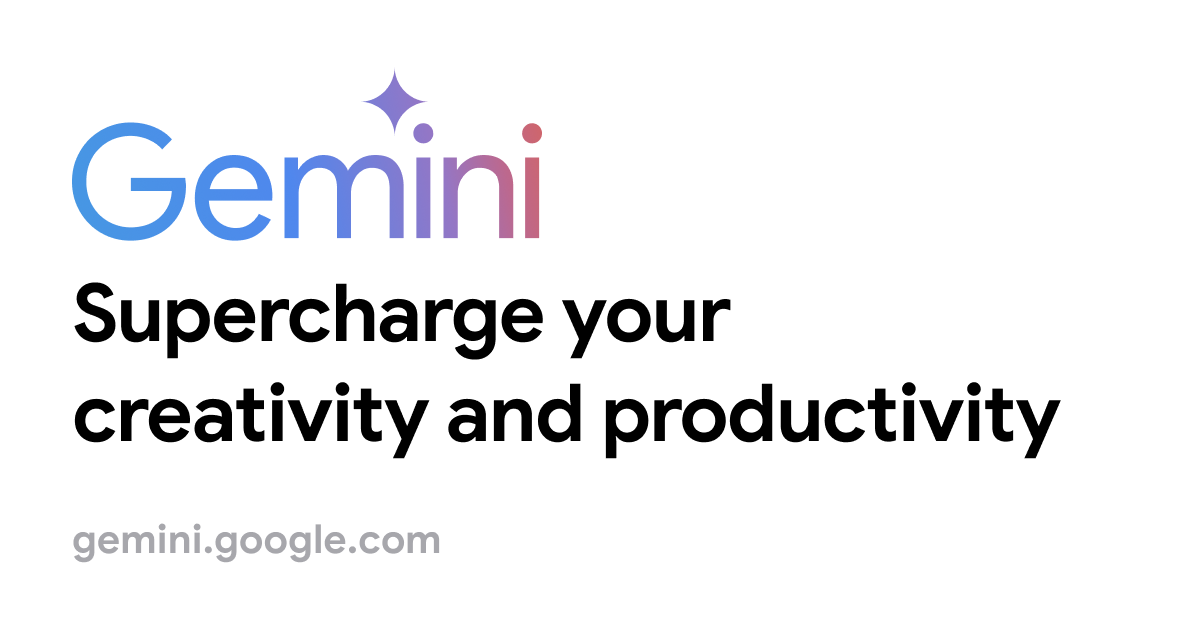
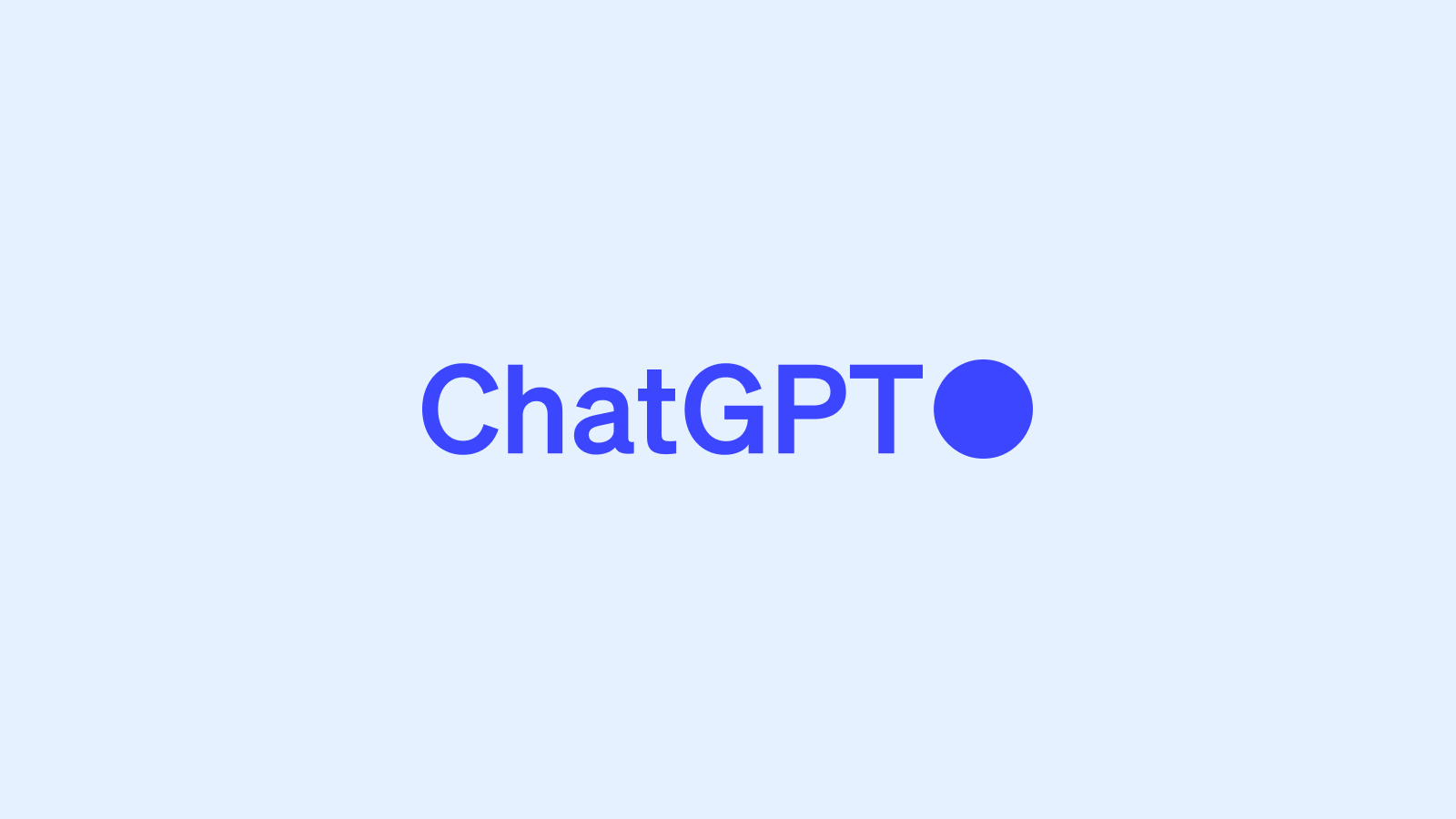
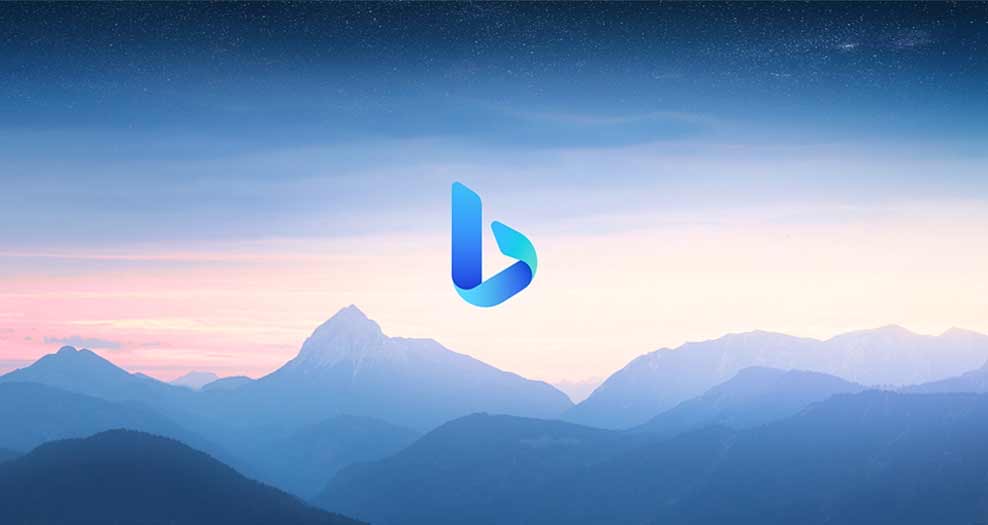
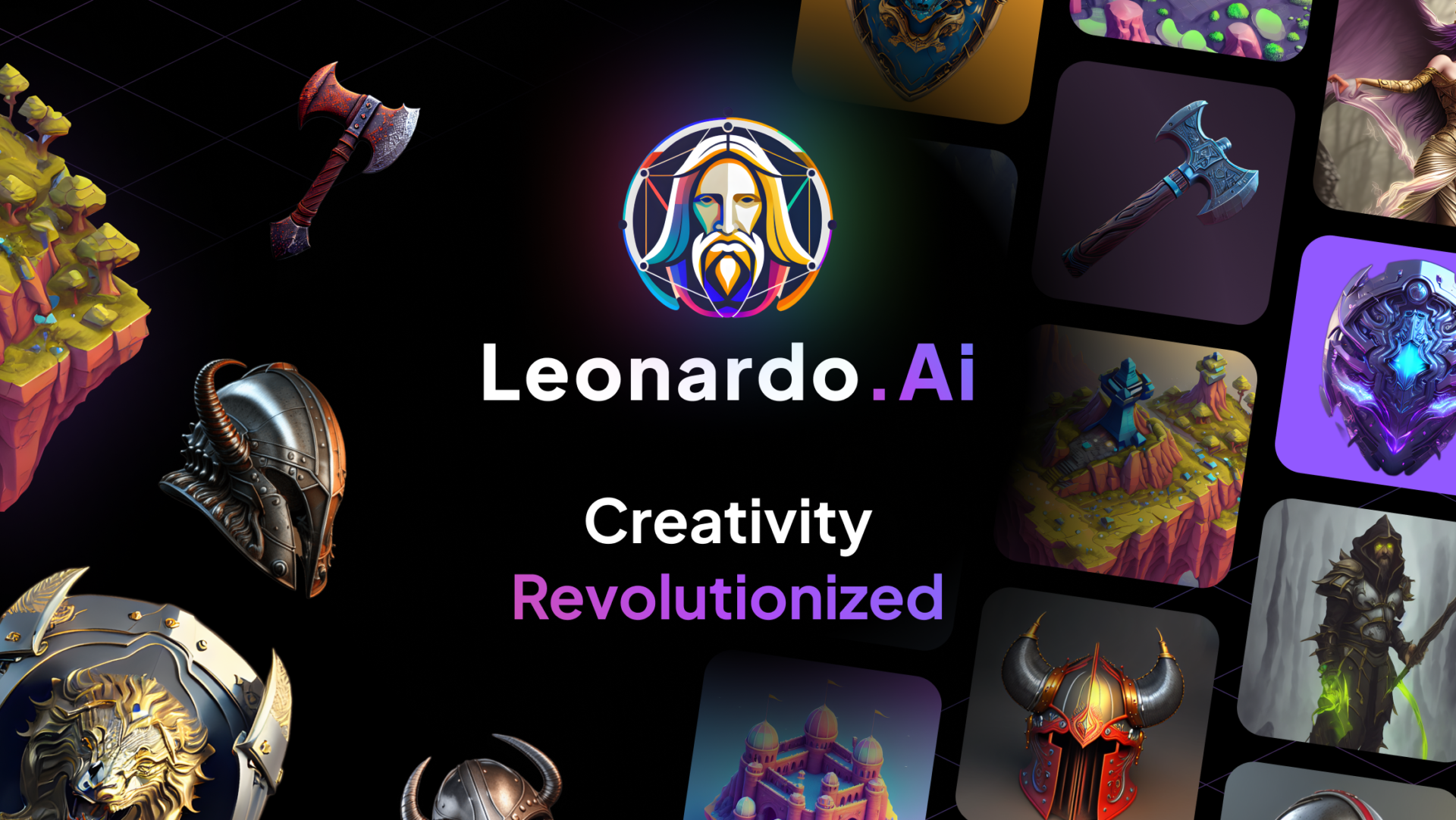


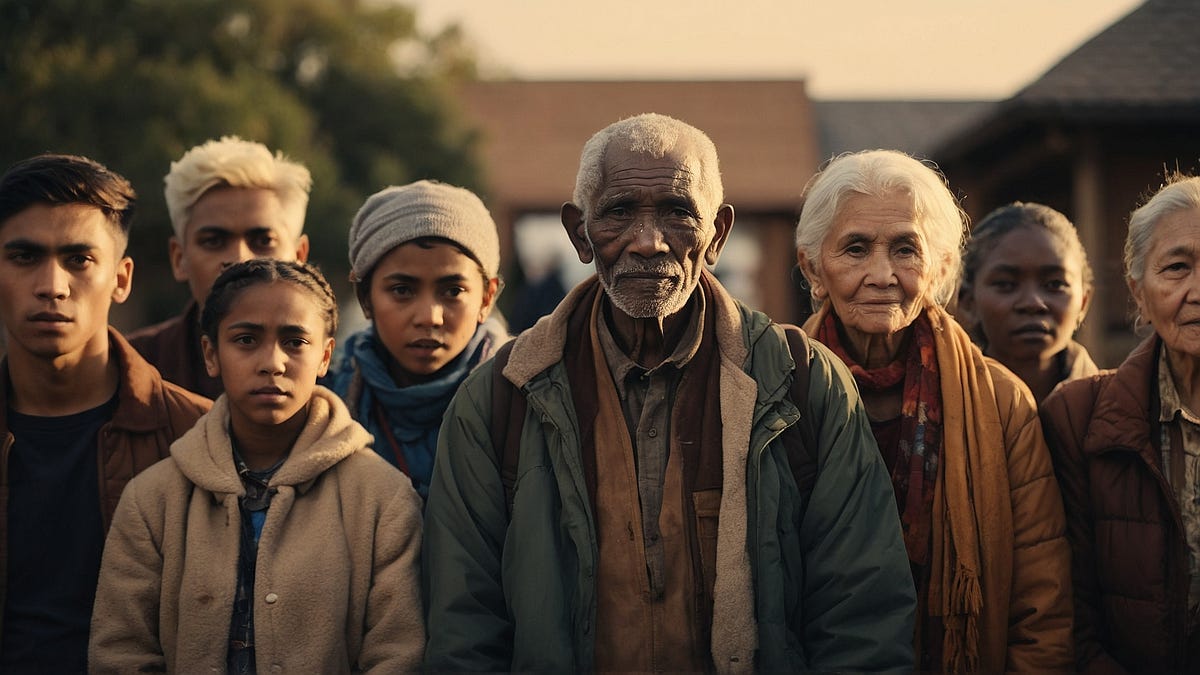
Reply